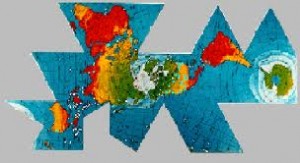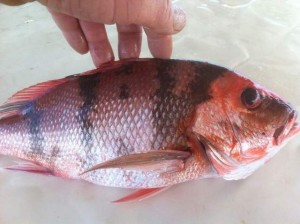India-China-Pakistan: Indian intelligence agencies say they have credible evidence that several hundred Chinese working in Pakistan-occupied Kashmir are People's Liberation Army engineers, the Times of India reported 12 May.
According to the report, Indian intelligence agencies are verifying that the engineers are engaged with military construction projects, such as bunkers, and said the presence of military engineers in civilian construction activities carried out by China in other countries is “unusual,” an intelligence source said. The information about the engineers was part of an assessment presented by the Indian Army to the Indian prime minister, defense minister and other senior officials weeks ago.
Comment: This is the first press report of Chinese military engineers in Pakistan's portion of Kashmir. Chinese engineers are working on road construction in far northern Pakistan which borders China, but no engineering agreements are known that cover Pakistani Kashmir.
India-Afghanistan: India has committed about $1.5 billion to Afghanistan for developmental assistance and plans to commit another $500 million over the next five years, Indian Prime Minister Manmohan Singh said on 12 May. Priority areas for the aid will be social programs, agriculture and infrastructure, according to Singh
India strongly supports Afghanistan's peace and reconciliation efforts with the Taliban, Indian Prime Minister Manmohan Singh told Afghan President Hamid Karzai during Singh's two-day visit to Kabul. Singh told Karzai and senior Afghan officials that New Delhi is Kabul's “neighbor and partner in development.” He expressed support for Afghanistan's “unity, integrity and prosperity
Comment: The two news stores above help explain Pakistan's dogged support for the Taliban and other anti-Kabul movements and its anxiety about India. India supported the Northern Alliance of Uzbek and Tajik tribes against the Pashtun Taliban when Karzai still was working for the Taliban, before he switched sides.
The presence of Indian advisors and influence west of Pakistan confronts Pakistani strategists with the prospect of fighting on two fronts in a putative future war, with no strategic depth because Pakistan is so narrow. More importantly, the Indian Border Roads Organization (BRO) has thousands of workers and Indian Army engineers working on the “infrastructure” projects in Afghanistan about which Prime Minister Singh spoke. BRO seems to concentrate on improving the roads in Afghan provinces that border Pakistan.
Indian motives in helping Afghanistan are far from altruistic, just as are those of Iran. Both states have provided aid to the Northern Alliance and the Afghan government, based on their strategic calculations to restrain Pakistan and especially prevent it from annexing the Pashtun regions of Afghanistan.
NIGHTWATCH KGS Home
Continue reading “Engineers of India-Afghanistan vs China-Pakistan”
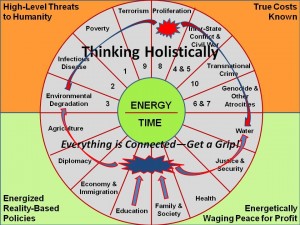

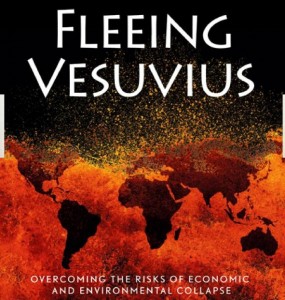

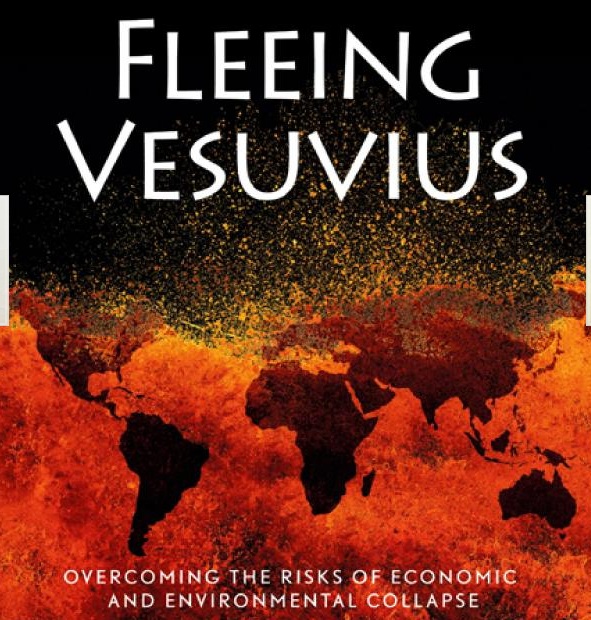 The essay below is an updated and edited version of a post I wrote here a few years ago,
The essay below is an updated and edited version of a post I wrote here a few years ago, 